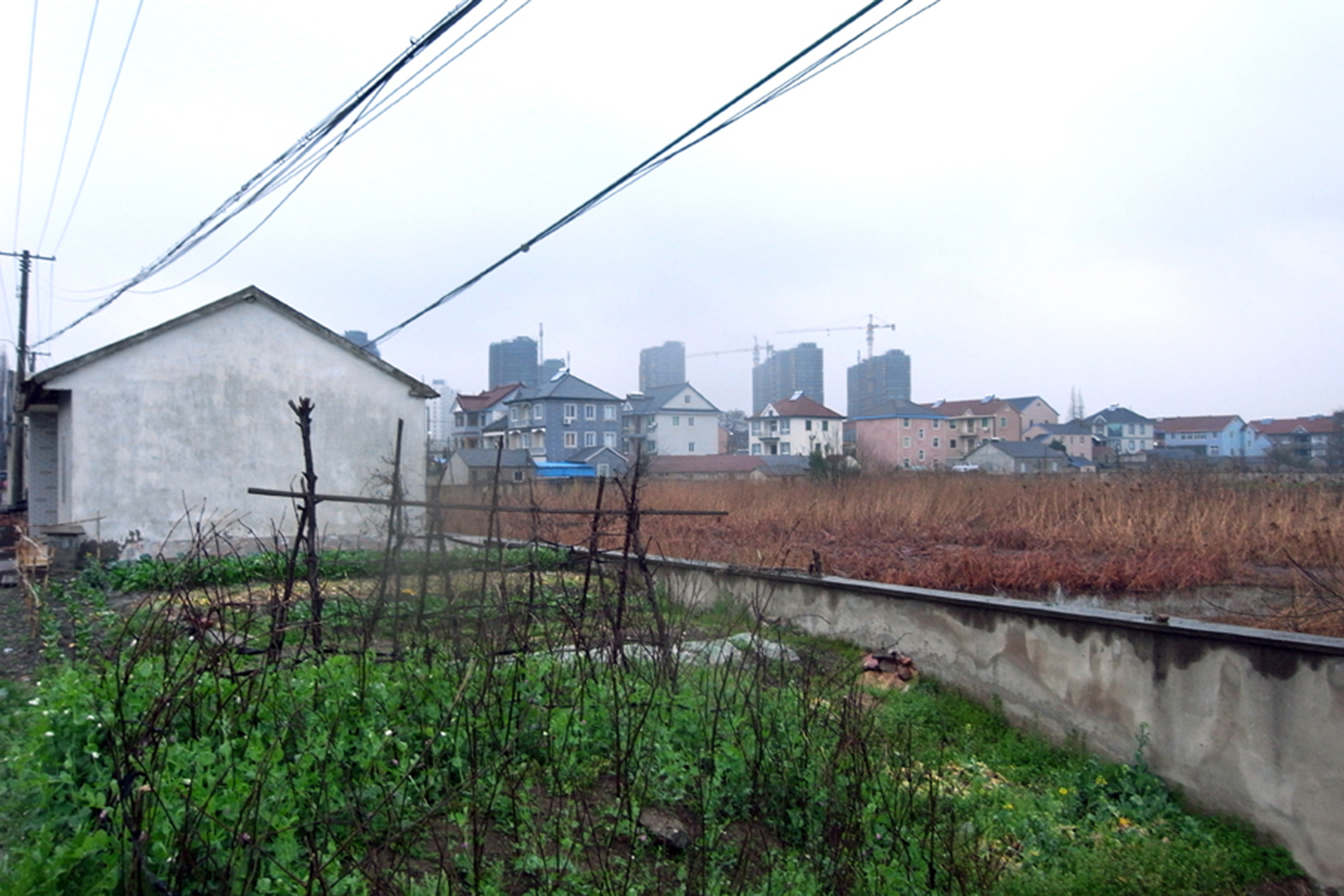Better Compensation for Expropriated Farmers
Last November, as reported by Reuters, the State Council approved an increase in financial compensation paid to farmers who are victims of land expropriation. This latest initiative follows a string of rural protests against numerous expropriations related to urbanization and development over the last thirty years. The China Economic Times reported that 65% of “mass incidents” in the countryside were the result of conflicts over land requisitions. The number of incidents increased from 8,700 in 1993 to 90,000 in 2010. The most recent story igniting the media is a case in the small village of Shangpu.
The Chinese government appears to be paying close attention to the danger and potential consequences of such social unrest. Since 1998, the government has timidly and cautiously started addressing the issue of farmers’ land rights by granting them land allocations for a period of thirty years, with a possibility of renewal. In 2002, farmers had the right to sublet their land, allowing some of them to leave the countryside and settle in the city.
However, some experts suggest that these reforms will not put an end to the instability caused by brutal policies of land expropriation. This is the opinion of Tom Holland from the South China Morning Post, who supports the idea that real property rights are now necessary for Chinese farmers. Owning land would offer farmers more robust options to navigate their futures, providing more access to investment plans and the potential to increase their agricultural productivity. Mainly, it would give them the opportunity to sell their land, should they choose to do so. With nothing tying them to the countryside, it would facilitate their migration and eventual settlement in the city. However, if the reform of ownership makes for a better integration of migrant workers into the city, Tom Holland predicts that it can succeed only if the hukou system, which restricts migrants from rights, privileges, and access to essential services in the city, was abolished.
China seems to be slowly considering such an amendment. On March 6, a researcher requesting to stay anonymous revealed to Reuters that a unified national system of “residence permits” should soon come into being and finally erase the inequalities between migrants and urban dwellers. However, erasing a discriminatory policy that has existed for decades is a slow process. The proposed reforms, which should be announced in the course of this year, will be spread over a period of ten years. A question mark remains over their effective implementation by local governments.
-
2013/03/15

-
Shangpu

-
Modu Team


the other map
Explore arrow
arrow
loading map - please wait...




